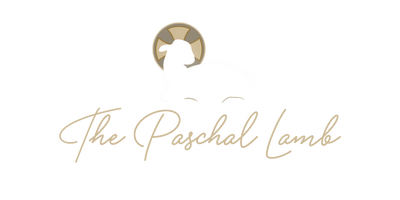
The Case of Galileo and the Church
Regular price $ 18.95Throughout the modern era, Galileo Galilei has been presented as a victim of cruel torture of conscience, theological narrow-mindedness, and ecclesiastical harassment typical of a dark, closed-minded Church. Frequently portrayed as such in theaters due to prevailing political ideologies, the story of Galileo points to the long-held tension between “science and faith,” “technology and ethics,” and “progress and the Church.”
The story of the real Galileo, however, which has not been told—until now—is sure to rock the established narrative.
Walter Cardinal Brandmüller, an eminent Church historian and expert in Galilean research, evaluates the scientific research of the recent past and exposes shocking historical errors. Uninterested in whitewashing the problematic pages of Church history, he offers a balanced view of the controversy, illuminating it through the lens of a deeper historical understanding.
Leaving no stone unturned, His Excellency separates the facts from the fiction to reveal:
* Why the Inquisition became involved in Galileo’s “case” and what it really determined
* Galileo’s multifaceted accomplishments, personality, and relationships
What famous critics, including Aristotelians, had to say about Galileo and his findings
* How Galileo’s case embodied the scientific revolution and its view of the Church
* Whether Scripture and science should be understood separately
* How to perceive Galileo within the broader cultural and historical context of the sixteenth and seventeenth centuries
You will discover the various aspects and philosophical views of the Galileo controversy, including how his personal polemics at times superseded his scientific research. Moreover, you will learn about significant scientists’ and theologians’ arguments regarding heliocentrism and other topics.
The book includes an extensive bibliography of Galileo’s works and a timeline of his life, as well as a declaration from twelve Nobel Prize–winning scientists on the necessity of dialogue between science and religion and the need for the Church’s guidance.


